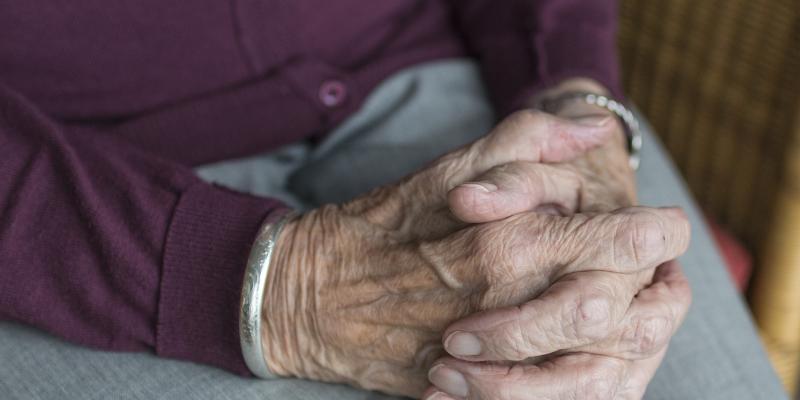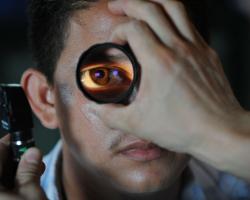Poland has 40 geriatric wards for elderly patients, providing 700 beds, but the scale of needs is much larger. The wards provide specialist treatment which often helps patients who had no luck with other doctors.
“The awareness about the features of geriatric wards is too low – they are often confused with chronic medical care homes. In the meantime, the average time of stay at a geriatric ward in Poland is just eight days. This time is used to perform specialist diagnostics, start rehabilitation and determine new medicine doses for the patient who often took too much of it before," said Dr. Jarosław Derejczyk, the Silesian Regional Consultant for Geriatrics and Director of the only Polish geriatric hospital in Katowice.
Such people often return to active live, which generates savings for the health care system. “At the same time, treating elderly people suffering from many diseases in wards which do not perform comprehensive geriatric assessment often leaves them only partly cured and they soon report to other specialists," he added.
That is why it is necessary to gradually increase the number of geriatric beds in Poland. “This is imposed by the demographic structure and the fact that we live longer," he emphasised.
The most common complaints of the elderly
Patients in geriatric wards have to deal with a number of diseases occurring alongside each other. They are often on many different courses of medicines, which might cause dangerous interactions; geriatric physicians record frequent cases of poisoning from improper treatment. The “record-breaker" who was rushed to a hospital in Katowice took 48 kinds of medications and he started getting better as he was gradually taken off them.
Geriatric physicians stress that a specialist approach to treating the health complaints of elderly people can help even the oldest and most disease-stricken patients. They need cardiologic, neurological, orthopaedic, pulmonologic, urological, diabetological, laryngological, rheumatologic and psychiatric help.
Up to 40 percent of patients suffer from depression and a half has memory disorders, but their general condition improves after they are started on proper treatment, activating physical exercise and rehabilitation. This is a very important element in treating patients. 10 days of exercise is sometimes enough for the elderly to make dramatic progress.
Physicians: elderly people are disciplined
The Katowice facility provides treatment to 60+ patients. The average age is 82. Centenarians are not a rare sight. The personnel was once moved to see an extraordinary pair – a 102-year-old father with his 80-year old daughter. They were admitted to hospital together, and placed in the same room.
Geriatric physicians value the discipline manifested by elderly patients, which sets them apart from the young, who sometimes have a demanding attitude. The most heart-warming situations are when those who were earlier told their disease was incurable come back to life.
“Quite recently I had a 106-year-old patient who would do nothing but lie down on the bed all curled up and refuse to talk to anyone. She greeted all attempts at communicating with her with a shake of her head. After we went through the treatment, she returned to us – she talks to her family and me and sits in a chair. They are preparing a family photo in traditional clothes with the grandmother seated in the centre," recounted Dr. Derejczyk.









Comments (0)